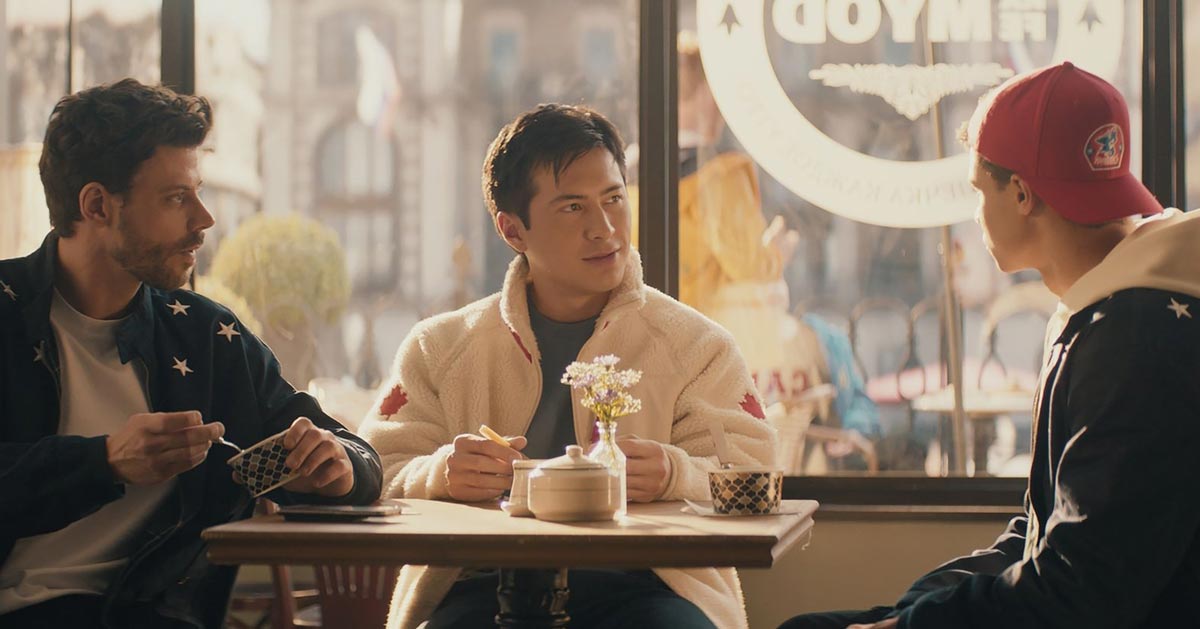Today marks the official launch of new, collectible bobblehead bundles honoring Black baseball legends.
"We’re excited to be releasing these special Negro Leagues Mystery Bobblehead Boxes in conjunction with Black History Month,” announced Phil Sklar, National Bobblehead Hall of Fame and Museum co-founder and CEO, in a press statement.
The “Negro Leagues Mystery Bobblehead Boxes” are available with one ($20), three ($50), or five ($75) bobbleheads per box, from a lineup of fifty unique players.
Sklar said that some of the most noteworthy bobbleheads include five-decade career legend Leroy Robert “Satchel” Paige and James Thomas “Cool Papa” Bell, who is widely regarded as one of the fastest athletes in baseball history.

The bobbleheads were all produced by the National Bobblehead Hall of Fame and Museum in conjunction with the Negro Leagues Baseball Museum and the manufacturing team at Dreams Fulfilled.
For every bobblehead produced, the NLBM — and the descendants of the baseball players — will receive royalties ranging from 10% to 15% of the item’s selling price.
“The Negro Leagues Baseball Museum can help people identify, understand, embrace, and I hope appreciate the Black experience,” sad Bob Kendrick, the president of the NLBM, in an interview with the Ewing Marion Kauffman Foundation. “This museum is a social justice museum. It is a civil rights museum.”
What were the Negro Leagues?
2020 marked the 100th Anniversary of the first Negro Leagues World Series. The Leagues were formed out of racial segregation and operated on a major competitive scale for three decades in the 20th century.
Historically, the original title was influenced by the NAACP’s petition in the 1920s to recognize the uppercase use of “Negro” as a term of respect. According to the Jim Crow Museum, the etymology for “Negro” changed and fell out of favor with the majority of Black Americans in the 1960s.
Though language evolves, the legacy of the Negro Leagues is a meaningful and important part of Black history.

When Jackie Robinson broke the “color line” by starting first base for the Brooklyn Dodgers in 1947, it marked the beginning of a new chapter in major league baseball.
The Civil Rights Era paved the way for desegregation across national leagues, but the 1920s through the 1950s remains a landmark time for all-time athletes like Buck Leonard, John Henry “Pop” Lloyd, Oscar Charleston, and many more.
In 1990, the NLBM was founded in Kansas City to honor Negro League baseball in America.

The museum moved into a 10,000 square-foot home in 1997 and has since welcomed more than two million visitors, becoming “one of the most important cultural institutions in the world for its work to give voice to a once forgotten chapter of baseball and American history,” according to Sklar.
This May, the NLBM is set to open a new exhibit titled “The Souls of the Game: Voices of Black Baseball” in its ongoing mission of preserving Black stories and culture, both during and beyond Black History Month.
Header image courtesy of the National Bobble Head Hall of Fame and Museum



